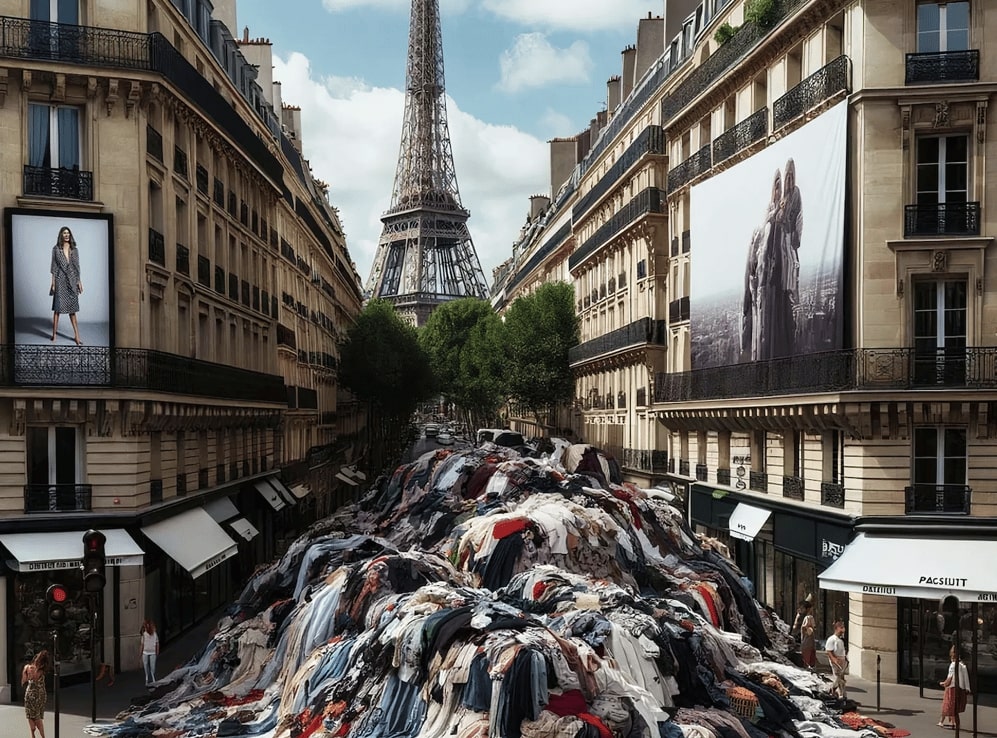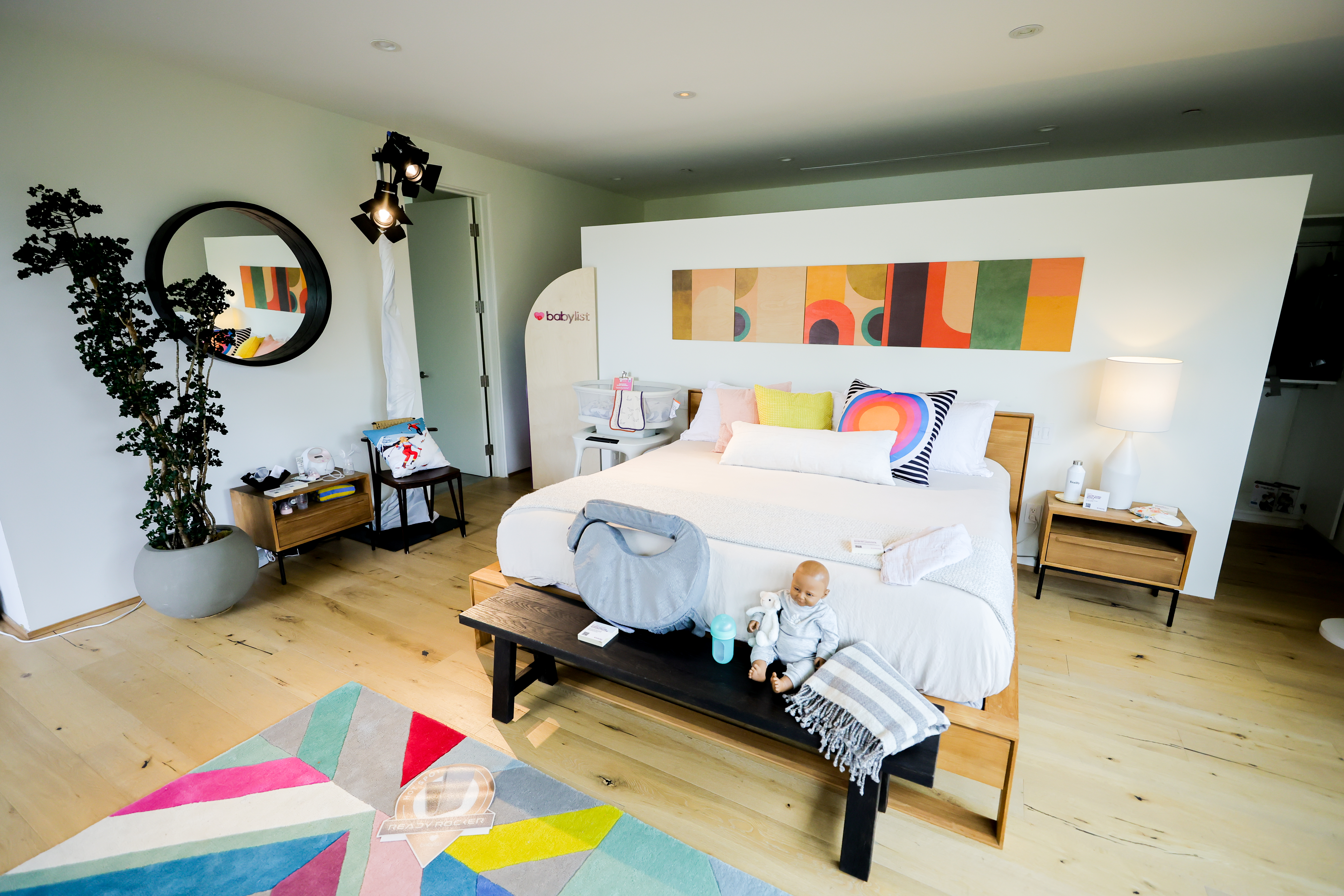Vestiaire Collective Expands Fast Fashion Ban List to Include Zara, H&M, Gap, Mango, Uniqlo

Vestiaire Collective, a French resale giant, is intensifying the rate at which it is expelling fast fashion from its business.
This week, it revealed a second round of brands that will be barred from its platform. These 30 newly added labels contain some prominent fashion brands such as Abercrombie & Fitch, Gap, H&M, Mango, Uniqlo, Urban Outfitters, and Zara, among others. This is the second year of a three-year strategy which initially began with an announcement in November 2022.
The firm reported that after the start of this initiative in 2022, around 70% of members affected by the ban started shopping on the platform again, preferring to invest in better quality, secondhand products. Vestiaire Collective stated that it had collaborated with a group of nine fashion and sustainability professionals to develop a precise definition of fast fashion and used this criteria to exclude key industry players from its website. This commitment, according to the company, aligns with its goal of promoting a more circular economy.
Vestiaire Collective admitted that this new prohibition may foster controversy but argued that it is a necessary action considering the pace of the climate crisis and the 92 million tons of textile waste produced annually. This is essentially a step towards minimizing the environmental and societal impact of fashion.
The company's newly devised framework takes into account several factors like the average price point, and repairability of items; the number of collections or fresh item drops in a year; the amount of items on sale at any given time; the duration of the production cycle, from design to store arrival; and frequency and intensity of discount promotions.
The firm made the original choice of restricting fast fashion following a research trip to Kantamanto in Ghana, home to the biggest reuse and upcycling economy worldwide. The scale and effect of fast fashion waste that they witnessed during this visit, led to the immediate execution of this ban. Vestiaire Collective continues to reinforce that a ban on fast fashion can only be successful if consumers are more cognizant with their shopping habits. The company encourages its consumers to critically assess their buying habits and comprehend the true effect of their choices.
To assist with this, it has put in place an educational journey that provides details at every step of the shopping experience for its customers. They have also constructed an online guide that offers practical alternatives for existing fast fashion items, donation strategies, and insights on sustainability.
To further improve the situation, Vestiaire Collective has pledged to inform companies about the benefits of sustainable practices, and to review existing relations with partners and influencers. The company also plans to launch a global campaign titled Think First, Buy Second, that uses AI technology across its digital platforms.
This campaign will include visuals of clothes piles located in well-known places like Times Square and the Eiffel Tower, to demonstrate the scale of textile waste and landfill that could occur in consumers' own countries. This campaign aims to encourage social media users to pledge to only buy second-hand on Better Friday, until the end of the year, in 2024 or indefinitely.




